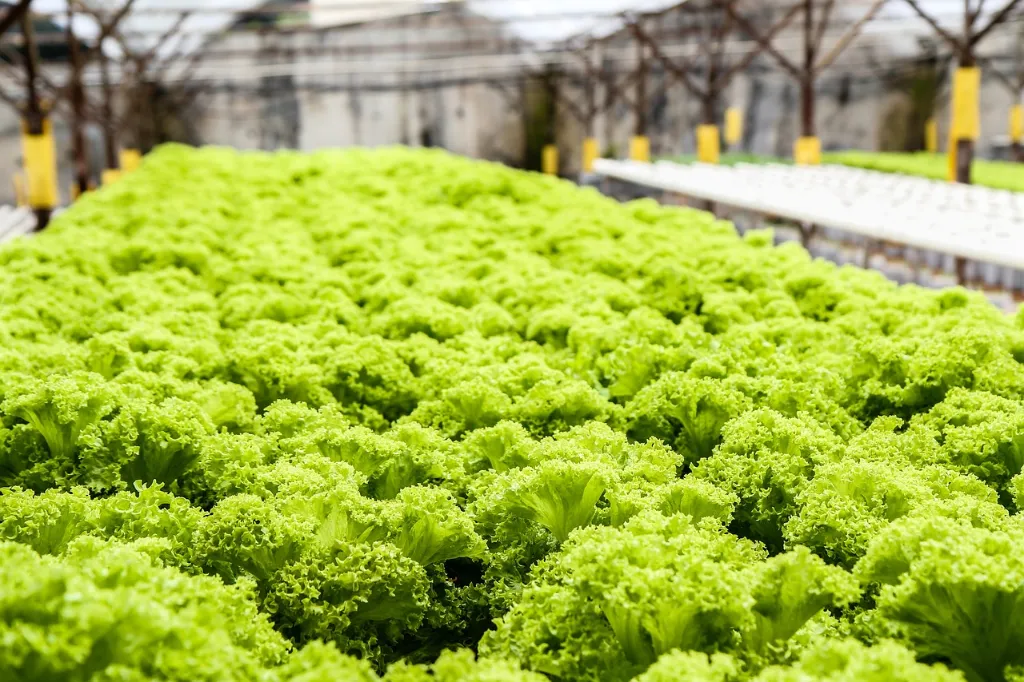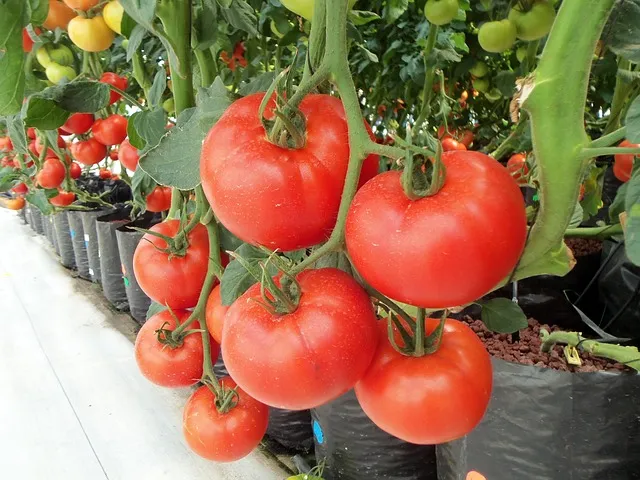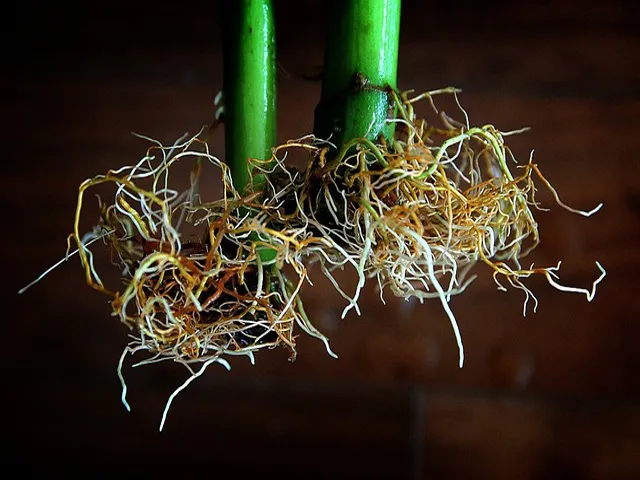Hydroponic farms use up to 90% less water than traditional soil-based farming, as the water is recirculated and reused. This makes them a more sustainable and eco-friendly option
Hydroponic farming allows for precise control of the growing environment, including temperature, light, and nutrient levels. This leads to faster growth and higher yields, making it a more efficient way to grow crops.
Hydroponic farming can be done in smaller spaces and in areas with poor soil quality. This means that more crops can be grown in a smaller area, making it ideal for urban farming.
Hydroponic farming eliminates the need for pesticides as the crops are grown in a controlled environment, reducing the risk of pests and disease. This means that the crops produced are healthier and safer to consume.
Co-operation and advice has been provided by the following professional hydroponic farm developers over a period of 15 years.
Our particular methods have been developed over a period of 20 years and grew from the owners personal experience which included laying irrigation pipelines at Mannin Grove an olive grove at Coonabarabran in NSW, creating a carbon sink at Airlie Brake near Inverell in association with Forestry NSW plus creating and operating a commercial vegetable farm in Southern Lebanon in addition to private vegetable gardens in NSW over a period of 50 years. Bob Hayne has lived and worked in Saudi Arabi, Egypt, Lebanon. Iraq, Singapore and New Zealand.
Tech Harvest works with professional contractors who supply expertise in various areas including but not limited to:
ACADEMIC CONSULTANTS
Professor Margaret Britz
https://www.utas.edu.au/profiles/staff/tia/margaret-britzarm
CURRENT PROJECTS
LINKS
Botman www.botmanhydroponics.eu
AIS Greenworks www.aisgreenworks.com.au
PROTECTED FARMING
Growing food indoors makes sense in 2023 because indoors the climate can be controlled.
Indoor farms are not subject to drought floods weeds pests bushfires or invasion by feral animals.
No fences need be built and maintained, no tractors will consume expensive diesel fuel and no water is wasted indeed hydropnic farms use 50% less water than open paddock farms even those using the latest irrigation technology and water management methods.
FOOD SECURITY
Various experts predict the world will suffer shortage of food and water in the coming decades. Australia is surrounded by water so we will never run out of treated irrigation water for farming and with the introduction of desalination plants we will (theoretically) never run out of drinking water.
It should not be overlooked that indigenous Australians have lived here for over 60,000 years. They never ran out of food and water. Maybe we should learn from them. No tractors, No bulldozers, No dams and No electricity.




Current methods of food production will eventually become unsustainable as the world’s population expands.
Protected farming offers more than just higher yields from smaller crops. The following are some of the most important ways in which protected farming can benefit our environment:
In summary, growing crops indoors is better for the environment.
Using Tech Harvest methods there is zero discharge of water from the site. The result being zero contamination of the surrounding paddocks and/or creeks, dams, rivers or irrigation channels.
Composting harvest waste and pruning waste on site reduces impact on the environment. Removal of waste water treatment ponds and dams is good for the environment and also improves biodiversity. Removal of pesticides is good for the environment.
Generating your own electricity on site using solar and hydro reduces green house emissions and reduces day to day operating costs.
My location
P O Box 201 West Ryde AU 1685